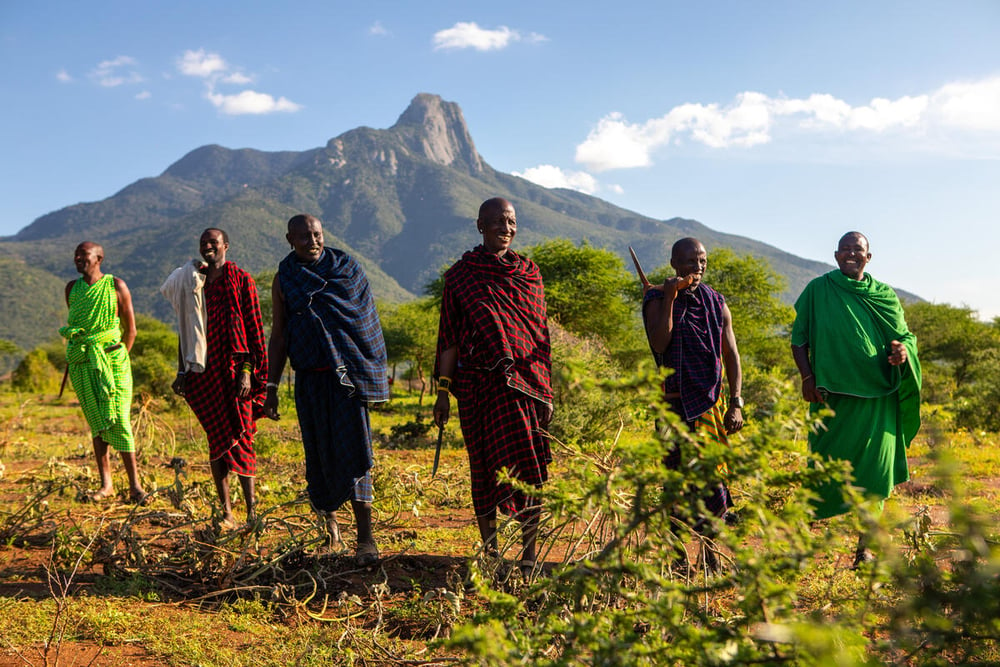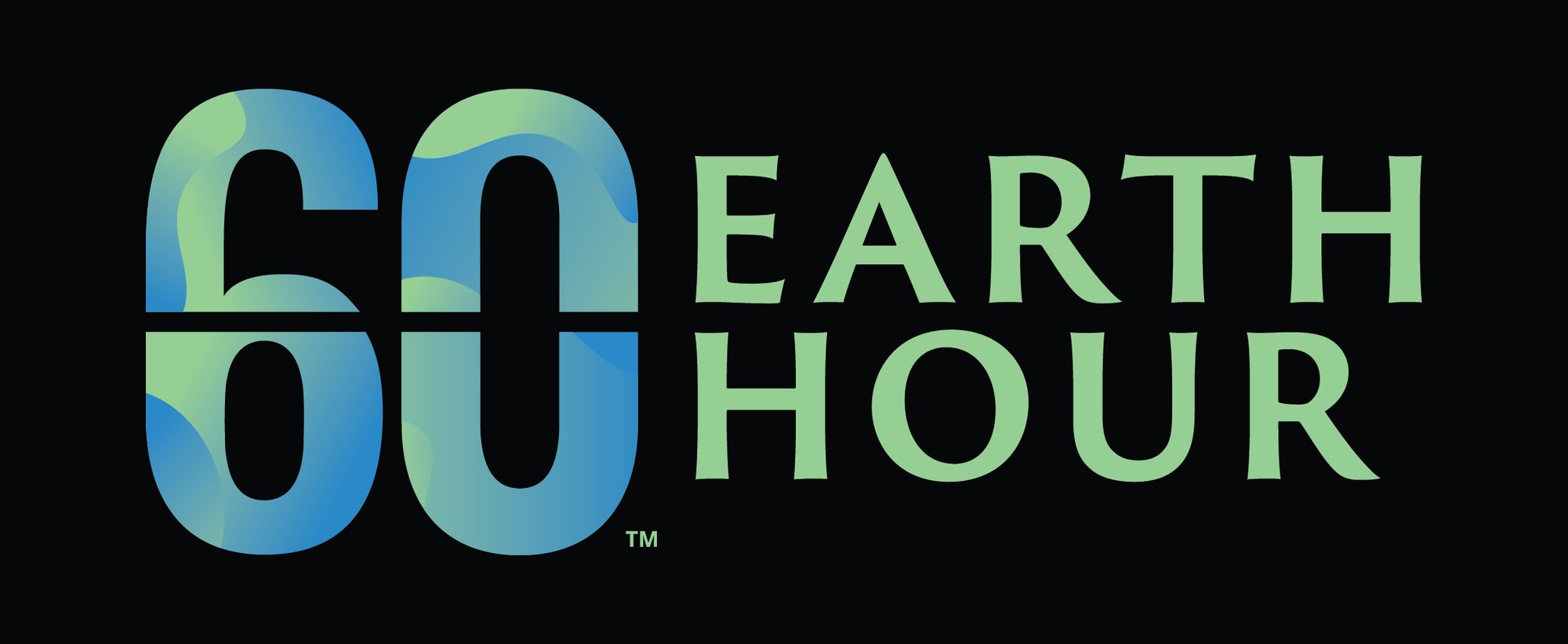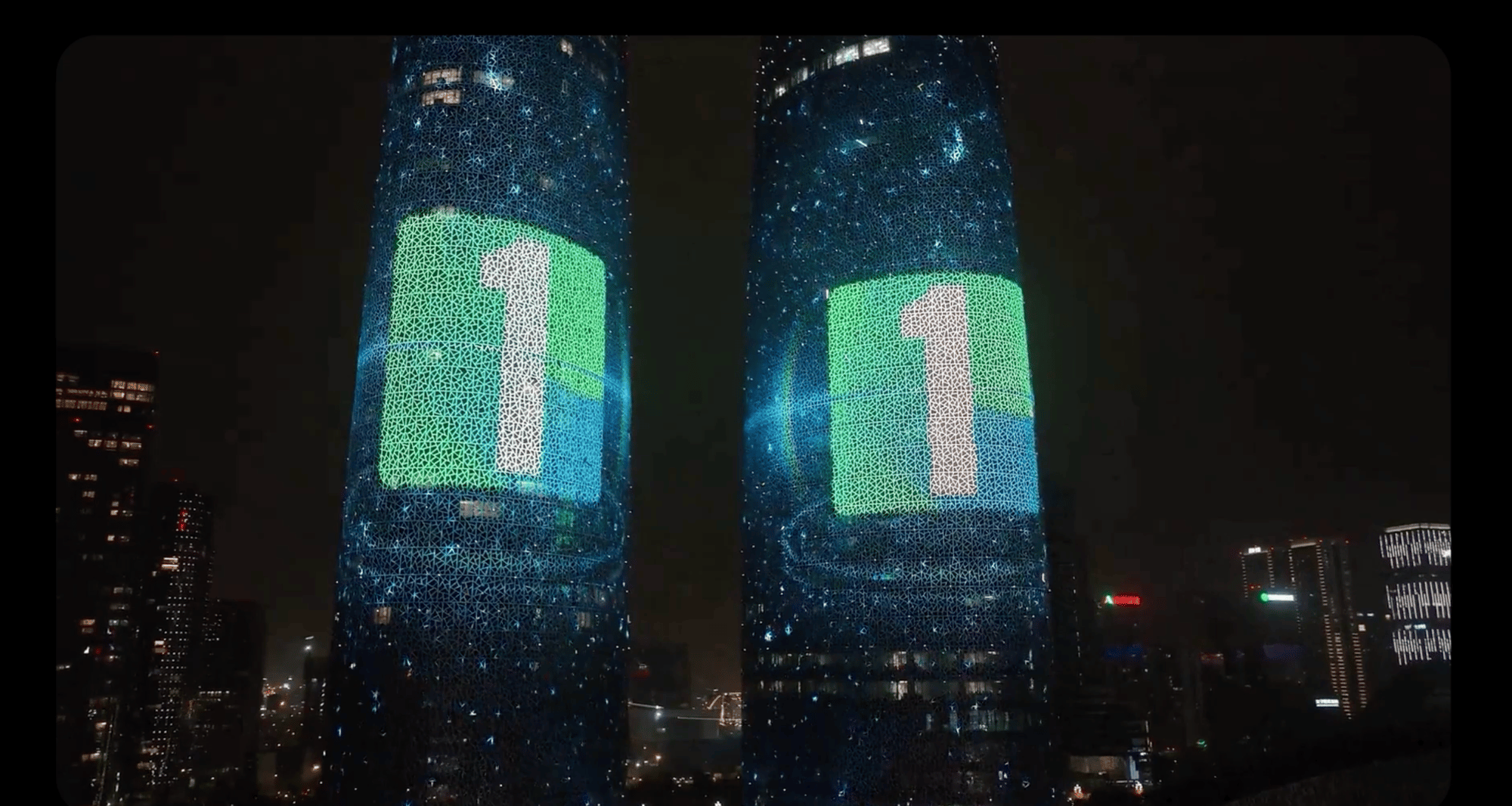The Biggest Hour for Earth
Join us again on 28 March 2026, 8.30pm your local time for Earth Hour 2026 — and get ready to celebrate 20 years of impact!
The Biggest Hour for Earth
Join us again on 28 March 2026, 8.30pm your local time for Earth Hour 2026 — and get ready to celebrate 20 years of impact!
0
0
0
0
0
0
Days
0
0
0
0
Hours
0
0
0
0
Minutes
0
0
0
0
Seconds
28 March 2026 20:30:00
Until Earth Hour 2026

Uniting for people and our planet
Since our beginnings in 2007, Earth Hour has been known for the symbolic “lights off” in support of our planet. Over the years, we've stepped things up, breathed new life into our movement and mission to create the Biggest Hour for Earth.
In 2026, we’ll mark our 20th anniversary, celebrating two decades of collective action and storytelling from communities around the world.




